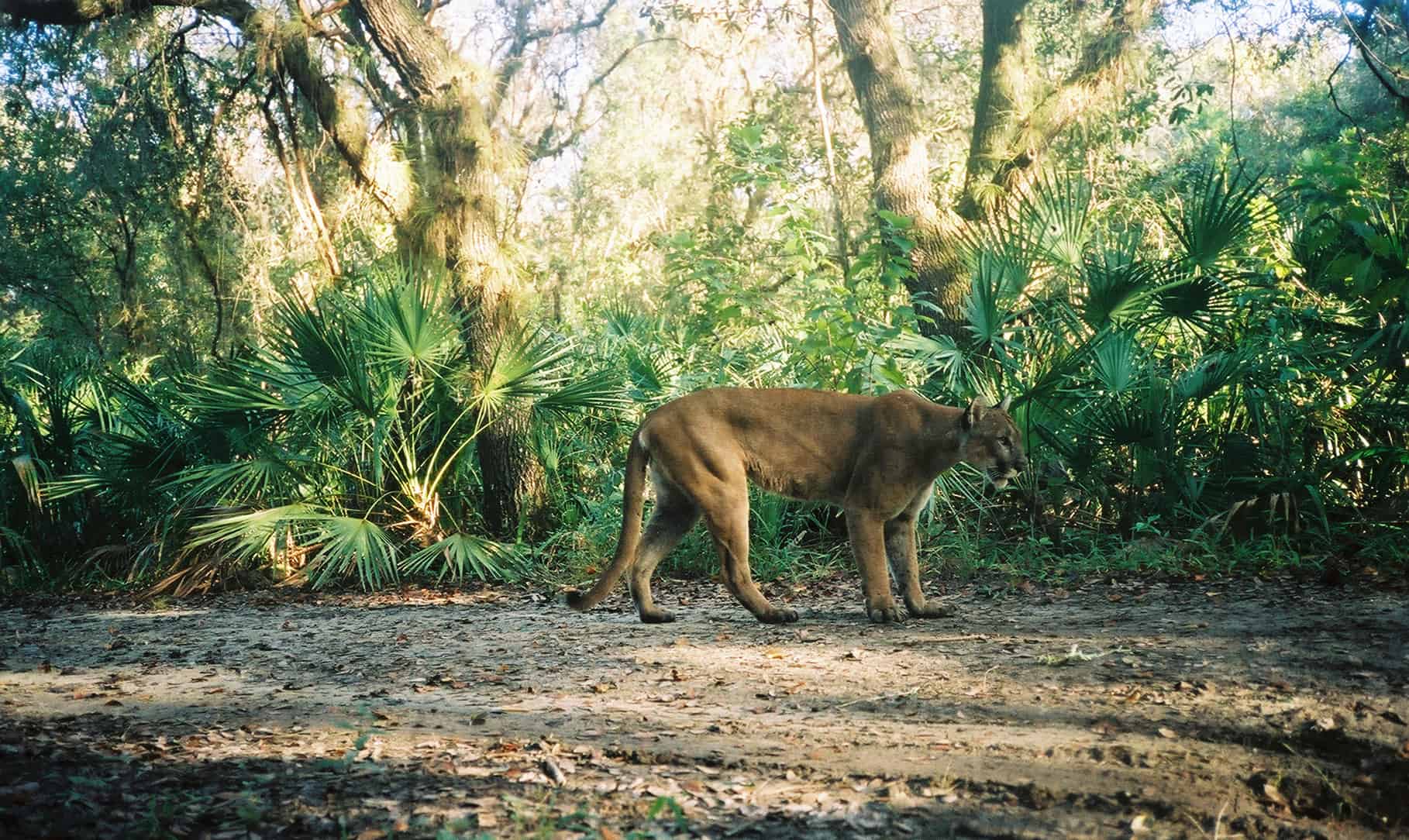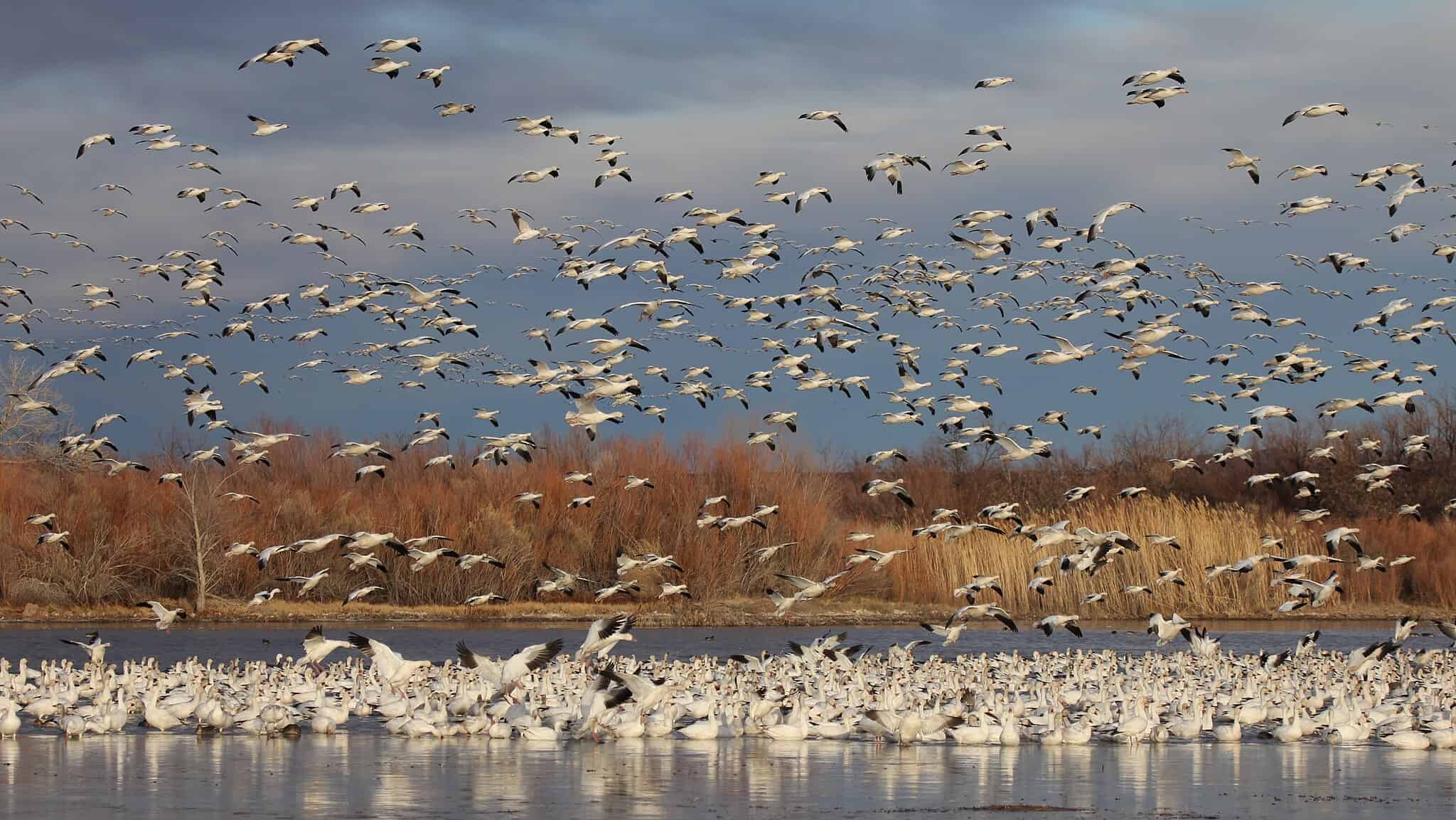Share this article
Congress divided on critical conservation funding
Appropriations bills come up short on DOI funding for the 2024 fiscal year
Congressional appropriations committees have proposed conflicting numbers when it comes to conservation and wildlife spending, with the U.S. House often shortchanging key agency funding while the U.S. Senate maintains the status quo.
Both bills come up short compared to recommendations submitted by The Wildlife Society to both the House and Senate Subcommittees on Interior, Environment and Related Agencies for funding for specific programs within the U.S. Fish and Wildlife Service, the U.S. Geological Survey and the Bureau of Land Management.
The House Appropriations Committee passed its Fiscal Year 2024 Interior, Environment and Related Agencies bill on July 19. The bill proposed steep cuts for federal agencies such as the Environmental Protection Agency, USFWS, USGS, BLM and the U.S. Forest Service. The total spending proposal would have a $25.4 billion price tag—a $13.4 billion cut from fiscal year 2023.
The Senate Appropriations Committee passed its version of the Fiscal Year 2024 Interior, Environment and Related Agencies bill on July 27. The Senate’s bill would provide a total spending package of $42.8 billion, a $4 billion increase from fiscal year 2023.
Within the USFWS, The State Tribal Wildlife Grants program provides funding for state and tribal wildlife managers and their partners to implement at-risk species conservation activities. The House bill provides $72.6 million for this program, a 1.6% decrease from FY 2023. The Senate bill provides $73.8 million—a number on par with last year. TWS requested $100 million for the STWG program in FY 2024.
The U.S. Fish and Wildlife Service’s National Wildlife Refuge System is the only U.S. system of lands and waters dedicated to the conservation and management of America’s native wildlife. The House’s proposal included just $487.4 million for the system, a 10% decrease from FY 2023. The Senate bill provides $539.2 million, a decrease of less than 1%. Citing chronic understaffing challenges, TWS requested $712 million dollars for the refuge system for FY 2024.
For USGS funding, TWS requested the Cooperative Fish and Wildlife Research Units program receive no less than $34 million in FY 2024 to help streamline collaboration between universities and natural resource agencies, thus providing important information to conservation decision-makers and natural resource managers. The House proposal approved $28.2 million dollars for the program, while the Senate version proposed $29.3 million.
With very different House and Senate bills, Congress will have until the new fiscal year starts Oct. 1 to reach an agreement. If legislators are unable to, Congress will need a continuing resolution, or a temporary spending bill, for the government to maintain operations.
Header Image: A Florida panther appears on camera at the Florida Panther National Wildlife Refuge. Credit: David Shindle/ Florida Fish and Wildlife Conservation Commission








